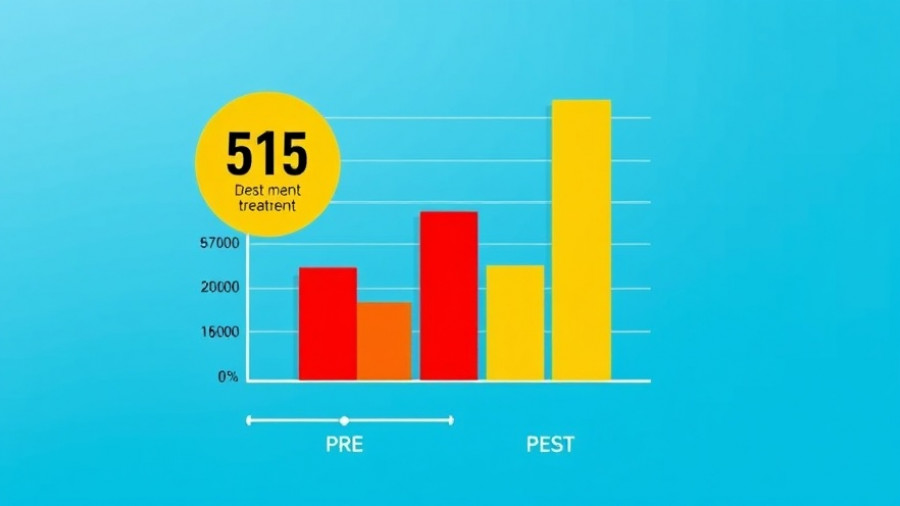
Understanding the Importance of Mindfulness in Addiction Recovery
Addiction can be as overwhelming for parents as the burden of ensuring their children make the right choices. The struggle isn't just about guiding them in life; it also extends to recognizing signs of substance abuse and knowing how to respond. One powerful tool that is gaining recognition in the field of substance abuse recovery is mindfulness. Mindfulness-based therapies help individuals become more aware of their emotions and impulses, enabling them to make better decisions.
Mindfulness and Its Role in Recovery
Mindfulness practices involve paying attention to the present moment without judgment. This awareness is crucial for individuals in recovery. It helps with managing cravings and understanding triggers that may lead to relapse. Programs that implement mindfulness techniques have shown promising outcomes—especially when integrated with evidence-based treatments like cognitive behavioral therapy (CBT).
Finding the Right Rehabilitation Environment
When considering addiction treatment, the choice of rehabilitation facility can significantly impact recovery success. Facilities vary from traditional inpatient rehab to luxury rehab centers, catering to different needs. Whether you're looking for Johannesburg rehab facilities or Cape Town addiction treatment, understanding what each offers in terms of therapies, setting, and support systems can aid in making informed decisions. In South Africa, options include both short-term rehab programs and long-term addiction treatment, providing flexibility depending on individual circumstances.
The Importance of Family Counseling in Rehab
For parents whose children are struggling with substance abuse, family counseling is a vital component of rehab. It not only helps improve communication but also addresses the familial dynamics that may contribute to addiction. This therapy can lead to healthier relationships and support systems both during and after the rehabilitation process.
Holistic Approaches to Recovery
Holistic rehab emphasizes treating the whole person rather than just focusing on the addiction. This approach can include yoga, art therapy, and nutritional therapy, which not only help in the recovery process but also bolster a young person's confidence. These programs provide balance and healing, particularly for adolescents and young adults navigating the complexities of addiction.
Navigating Treatment Options and Insurance Coverage
Understanding the rehab admissions process and the financial aspects, including medical aid coverage for rehab, is crucial. Parents may feel overwhelmed by these logistics. Therefore, utilizing resources such as an addiction cost calculator can help in comparing options and ensuring that financial concerns don’t hinder a young person’s access to necessary treatment.
The Power of Aftercare Programs
Aftercare programs play a crucial role in maintaining sobriety once rehabilitation is completed. These programs often include continued group therapy sessions and sober living homes that provide structured environments. Parents should encourage their children to engage in aftercare as part of their long-term recovery plan, attending support groups like Narcotics Anonymous or SMART Recovery.
Conclusion: Embracing a Informed Approach
Parents play a pivotal role in their child’s recovery journey. Understanding the various treatment options available—from dual diagnosis treatment addressing co-occurring disorders to traditional counseling—equips parents to better support their children. It's essential for families to remain informed, connected, and proactive when it comes to addiction recovery. As the landscape of treatment options continues to evolve, staying engaged with these resources can foster healthier families and stronger paths to recovery.
Take the first step—evaluate the available resources today and initiate conversations that can guide your child towards a healthier future.
 Add Row
Add Row  Add
Add 




Write A Comment